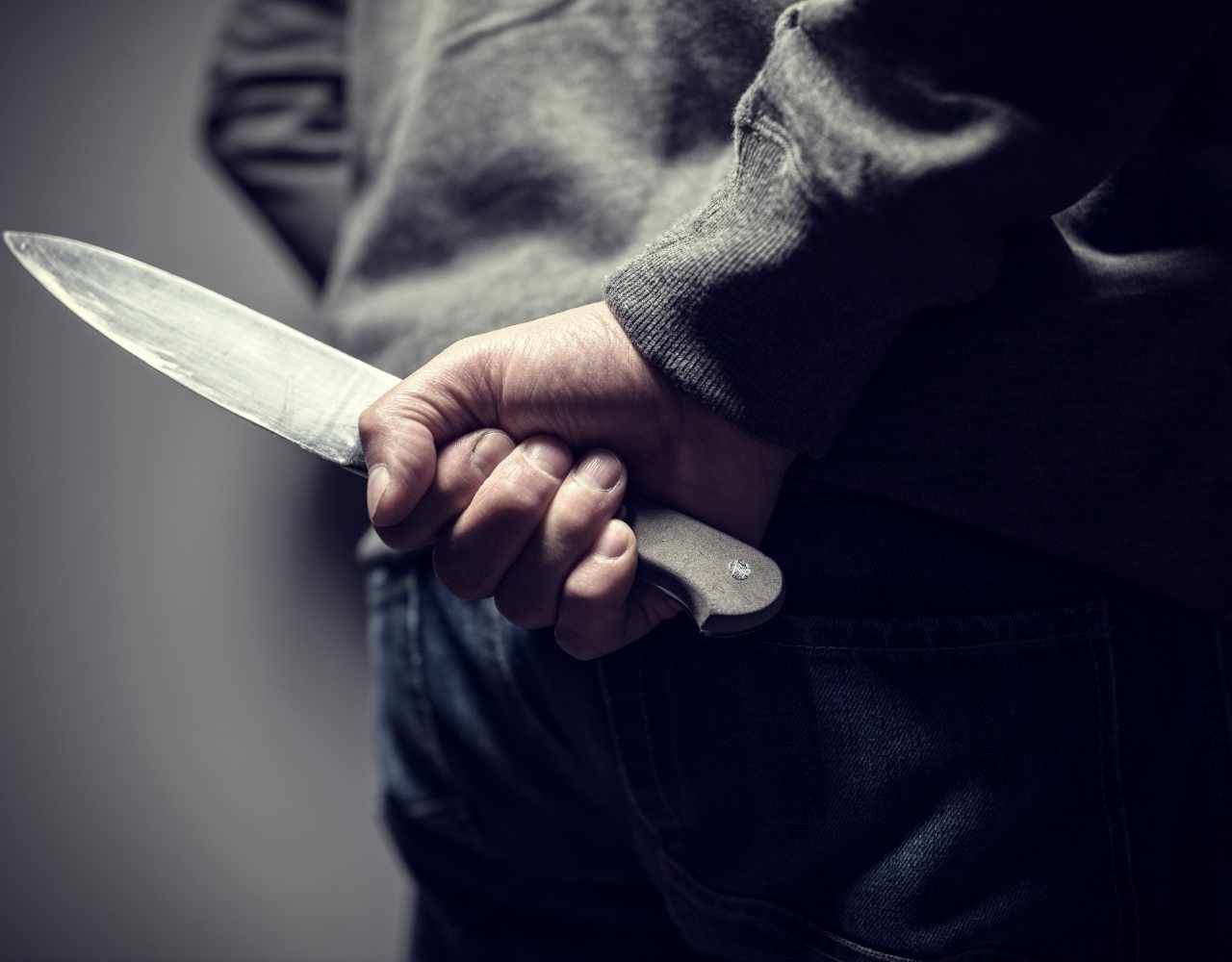Can You Legally Record Police Officers?
11/09/2025
The regulation of weapons is an ever-evolving area of the law. As lawmakers adapt to the growing class of weapons and as new assault cases change the legal precedence for certain types of weapons, it can be confusing to understand exactly what is legal and you may find yourself arrested for a knife that you did not know was illegal.
If you are facing criminal charges concerning the illegal possession or unlawful use of a knife in the Chicago area, contact Ktenas Law to schedule your free consultation with Chicago’s leading criminal defense attorney.
Knife laws in Illinois can be quite confusing. Some knives that are considered illegal have specific exceptions depending on the carrier. Other blades that are classified as legal, become illegal in certain circumstances. In the state of Illinois, the legality of possession of knives is oftentimes more influenced by the intentions of the knife-wielder, than by the type of knife itself.

However, if a blade is deemed unlawful, then it is illegal to own, sell or manufacture within state lines. Below is an explanation of the hard lines and gray areas of knife ownership, carry laws, and possession in Illinois.
All automatic knives are illegal. Commonly referred to as a switchblade knife, an automatic knife has a blade that is automatically opened by the press of a button or the sliding of a switch.
Though the ease of access can make these ideal utility blades, because of the speed of the blade these are seen as more dangerous knives. This includes out-the-front blades. Switchblade knives are illegal unless the owner holds a valid Firearms Owners Identification or FOID card.
A knife that folds into the handle, is opened by the fingers, and locks upon extension are considered a folding blade. This includes your average pocket knives and balisong knives (also known as butterfly knives). These mechanical devices are commonly used as everyday belt knives.
They are great for opening household items, cutting fruit, and removing a splinter. They are also commonly used by hobbyists, like whittlers. These blades are legal to own, sell and manufacture. They are legal to open carry or conceal carry on public property as long as the blade does not exceed 3 inches.
Related Content: What a Criminal Defense Law Should Be Doing For You
A fixed blade has no moving parts and is also referred to as a sheath knife. Fixed blades function for many of the same purposes as folding blades. They are also commonly used in hunting and other outdoor activities. Many people also choose to carry this type as a means of protection.
They often resemble a kitchen knife, but lipstick knives, cane knives, and even a push knife classify as fixed blades. These are perfectly legal to own, sell or manufacture in Illinois. They are also legal to open carry or conceal carry on public property, provided the blade is no more than 3 inches in length.

For other weapons frequently associated with knives, the following are always illegal to own, sell, carry or manufacture in Illinois:
Learn More: How Much Does a Criminal Defense Attorney Cost?
Open carry and conceal carry are perfectly legal on public property as long as the blade is shorter than 3 inches. Anything exceeding 3 inches is illegal to carry. For the city of Chicago, the blade must not exceed 2.5 inches. It is important to note that all schools are weapon-free zones.
As mentioned above, much of the legislation around blades in the city of Chicago and the state of Illinois is based upon the intended use of the knife. If a person was to accidentally cut someone while handing over a knife, it would not become a criminal act. However, brandishing or threatening someone with a legal blade, even if from a distance, is considered a crime.
Because unlawful use of a knife or weapon is determined by intent, it is a very subjective matter. If no injury is sustained, the judgment of intention is entirely based upon the initial police accounts. Of course, if another person is injured or harmed, the wielder may be facing additional assault charges.
The police officers may overlook someone open carrying a blade longer than three inches because they seem to be harmless while choosing to search someone with a legal knife because they appear to have ill intent. It is always important to ensure your knife is within legal regulations and that you have any necessary permits or licenses.
If you are charged with the crime of unlawful possession or unlawful use of a deadly weapon, speak to an attorney about your specific case.
Learn More: Should You Hire a Lawyer or Use a Public Defender?
The unlawful possession of a knife in the state of Illinois is considered a Class A misdemeanor and is punishable by up to one year of jail time and/or a fine of up to $2500. The penalty for unlawful use of a weapon is a Class 4 felony and is punishable by a prison sentence of 1 to 3 years in jail or up to $25,000 in fines.
However, other circumstances can increase the violations. If the incident occurred on school property, government housing, or in a business that serves alcohol, the offender may be looking at harsher sentencing and/or additional charges. As with all weapons, public safety is highly regarded and any threat to that safety is subject to severe consequences.
If you are facing charges concerning the possession or use of a blade, speak to an attorney today about your options. At Ktenas Law, we are known for our aggressive defense strategies. We understand the law and all of its nuances, no matter how confusing it may seem at times. Contact us to begin your free consultation.

